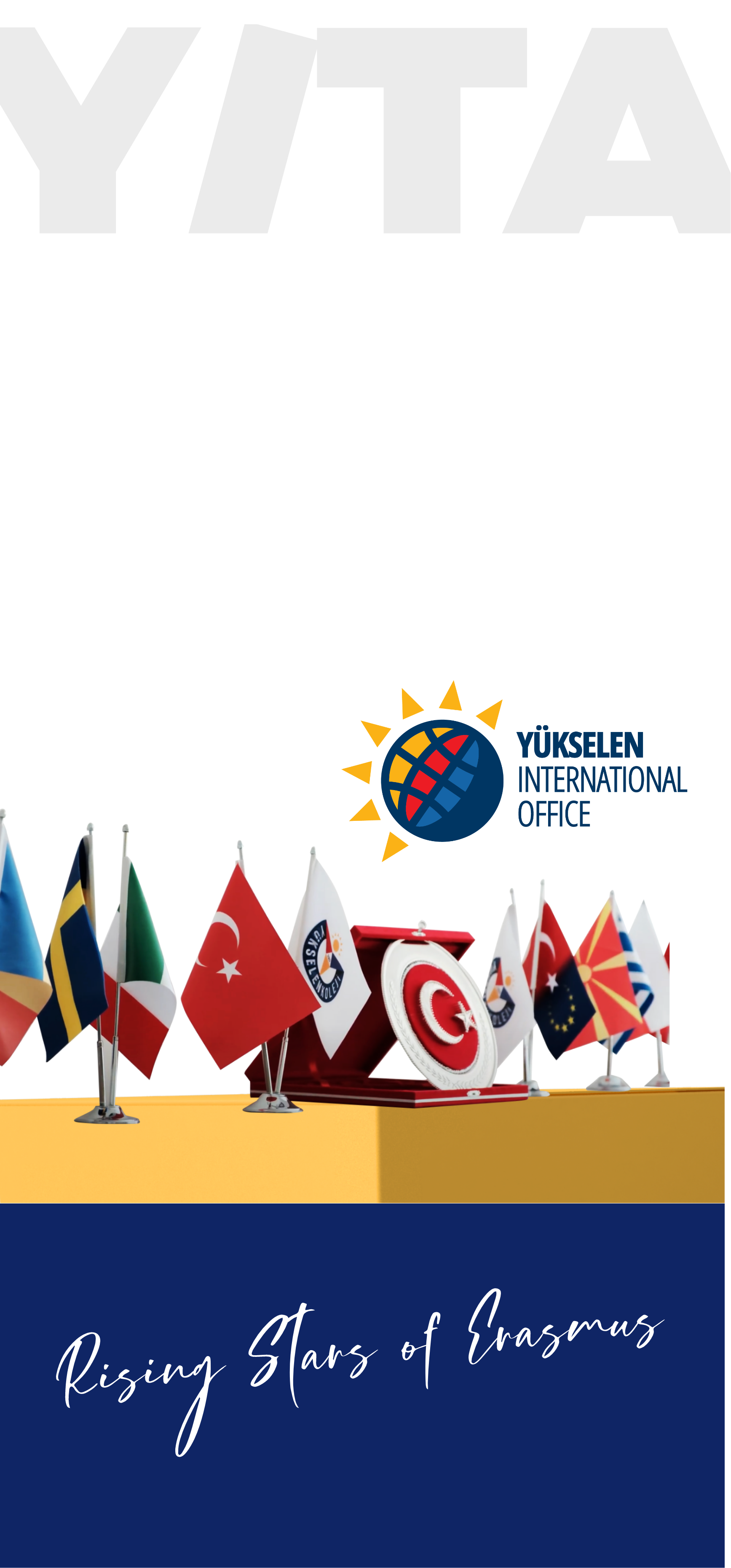Yükselen International Teacher Academy ( YITA )
Yükselen International Teacher Academy (YITA) was founded under the Yükselen International Office, inspired by our extensive experience in international education. Our academy offers a variety of Erasmus+ teacher training, group mobility exchanges, and job shadowing programs led by experienced instructors who are experts in their fields. With our commitment to continuous improvement and a forward-thinking approach, YITA stands as a beacon of experience, expertise, excellence, and innovation.
Our innovative vision drives us to work on cutting-edge projects and develop open-source tools in collaboration with European organizations. We provide comprehensive training that appeals to all participants, utilizing the latest teaching materials, technology, and interactive learning tools. This commitment ensures that our programs are always at the forefront of educational innovation.
Since last year, YITA has hosted 87 teachers and 203 students from 21 different schools across Estonia, Romania, Aruba, Italy, Slovenia, Portugal, Aruba, Bulgaria, Lithuania, and Poland. Our training programs cover a wide range of topics, including:
• 3D Printing
• Boal’s Methodology
• Content and Language Integrated Learning (CLIL)
• Climate Change Adaptation and Sustainability
• Creative Drama
• Cyber Bullying
• Digital Citizenship and Media Literacy
• Digital Games
• Eco-Schools
• Educational Coaching
• Empowering Students
• Entrepreneurship in Education
• STEAM & STEM
• Exploring Biodiversity
• Gamification
• ICT Tools
• Web 2.0 & Web 3.0 Tools
• P4C
• Robotics and Coding
• VR & AR
• Learning with Museums
• Democracy & History
• Healthy Lifestyle, Nutrition, and Sports in Schools
We can also design custom courses based on your needs and your project outputs and professional needs. Don’t hesitate to propose your favorite topic.
Our methodology incorporates group discussions, interactive lectures, case studies, hands-on exercises, cooperative lesson preparation, and various icebreakers. We employ diverse pedagogical approaches, including project-based learning, problem-based learning, inquiry-based learning, experiential learning, brainstorming, group and peer debates, and more. This ensures that participants engage in practical activities that foster an understanding of scientific inquiry and the engineering design process.




















